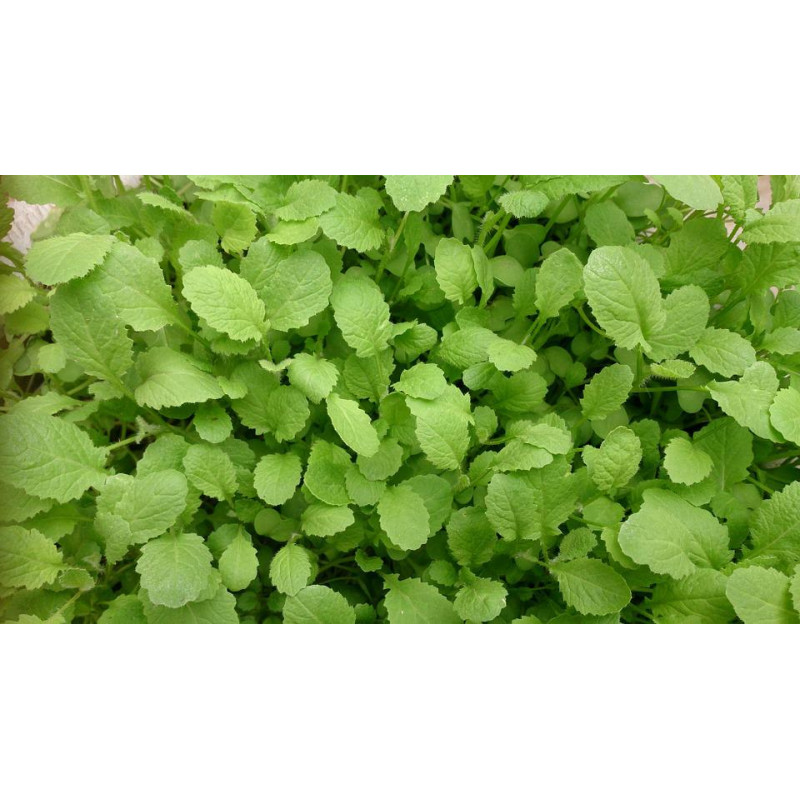



MUSTARD SEEDS FOR SPROUTING
DIRECTIONS FOR SPROUTING Mustard seed can be sprouted in jars, trays, sieve or basket but are best done in a clay saucer and placed straight onto the table at meal times. Soak the seeds for 4-5 hrs. Care should be taken with spraying the seeds to make sure they do not get waterlogged. Moisten them 2-3 times a day for 4-7 days
 Security policy
Security policy
The site is checked on a regular basis
 Delivery policy
Delivery policy
Seeds are sent within 2 business days of payment receipt,parcels include tracking
 Return policy
Return policy
Items can be returned within 7 days of receipt provided they are in as received condition
MUSTARD SEEDS FOR SPROUTING
DIRECTIONS FOR SPROUTING
Mustard seed can be sprouted in jars, trays, sieve or basket but are best done in a clay saucer and placed straight onto the table at meal times. Soak the seeds for 4-5 hrs. Care should be taken with spraying the seeds to make sure they do not get waterlogged. Moisten them 2-3 times a day for the 4-7 days they take to sprout and eat them at 2-5 cm. Mustard increases saliva flow so it is often eaten at the start of a meal to stimulate the digestive juices. Mustard has many therapeutic uses: it is excellent at stimulating perspiration to reduce fevers and relieving colds and flues; it relieves congestion, headaches and inflammation and will stimulate blood flow to the body surface and skin.
The information on this label was taken from the wonderfully informative book by ISABELL SHIPARD, "HOW TO GROW AND USE SPROUTS AS A LIVING FOOD" Find out more about sprouts and sprouting at... www.herbsarespecial.com.au
Image by Uschi Dugulin from Pixabay

MUSTARD SEEDS FOR SPROUTING
DIRECTIONS FOR SPROUTING Mustard seed can be sprouted in jars, trays, sieve or basket but are best done in a clay saucer and placed straight onto the table at meal times. Soak the seeds for 4-5 hrs. Care should be taken with spraying the seeds to make sure they do not get waterlogged. Moisten them 2-3 times a day for 4-7 days
